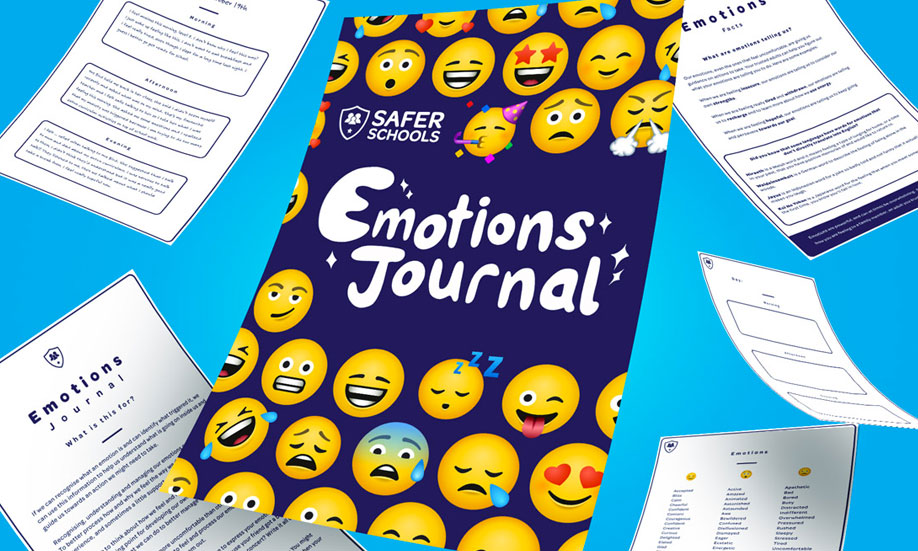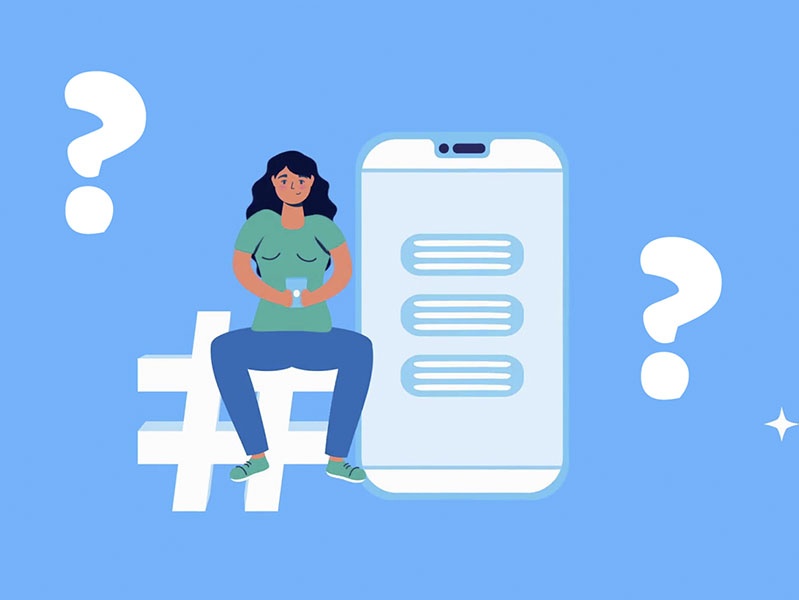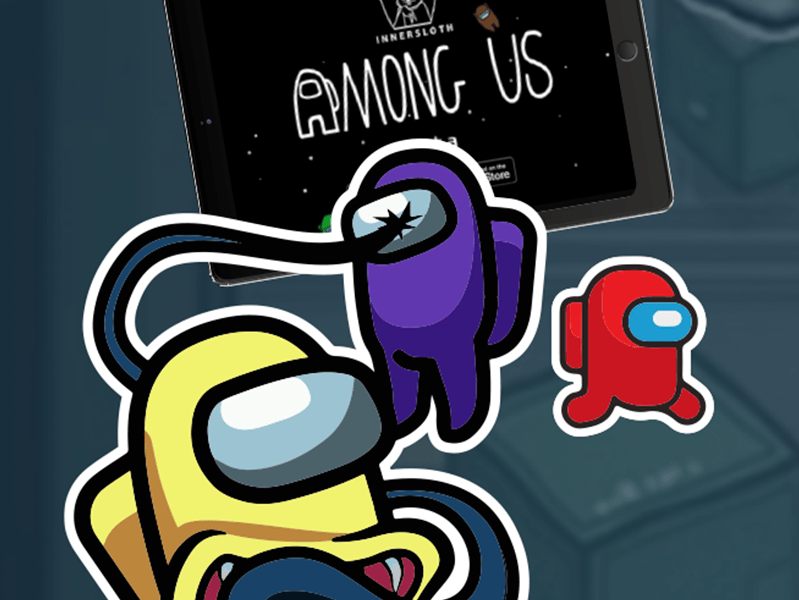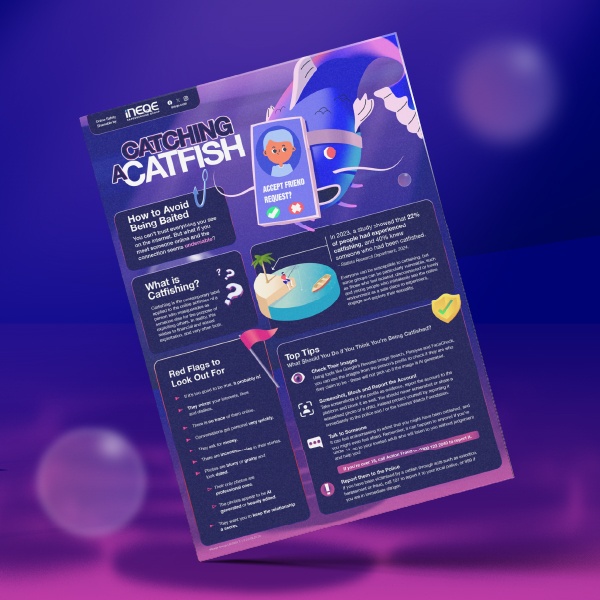Last Updated on 4th December 2020
‘Let’s get to cunch-line’
From the Children’s Commissioners 2019 report ‘Gaming the System’ we know that around 93% of children in the UK play video games and this leisure time has benefits for their development.
Despite these benefits, we know that some features of online games can and do present risks to children and young people.
Our team of online safety experts regularly review new and emerging games and stress test their parental and privacy controls. Our Safer Schools Network has brought us two games that are making waves in schools across the UK.
This article explains how these games are played and presents our results on the efficacy of their safety and privacy settings.
Dragon City
Dragon City is a free to play game where users build a city populated with dragons. Users also raise and breed their own dragons, whilst building places for them to live. User’s dragons are also used to fight other dragons. The game was released in 2013 and has been popular with children and young people on Facebook.
Age Rating

Dragon City’s policy states that the game is intended for users over the age of 14, and those under the age of 18 will need parental permission. However, our online safety experts tested the game and signed in as age 9 with no issues.
There is currently no effective age verification in place.
How it works:
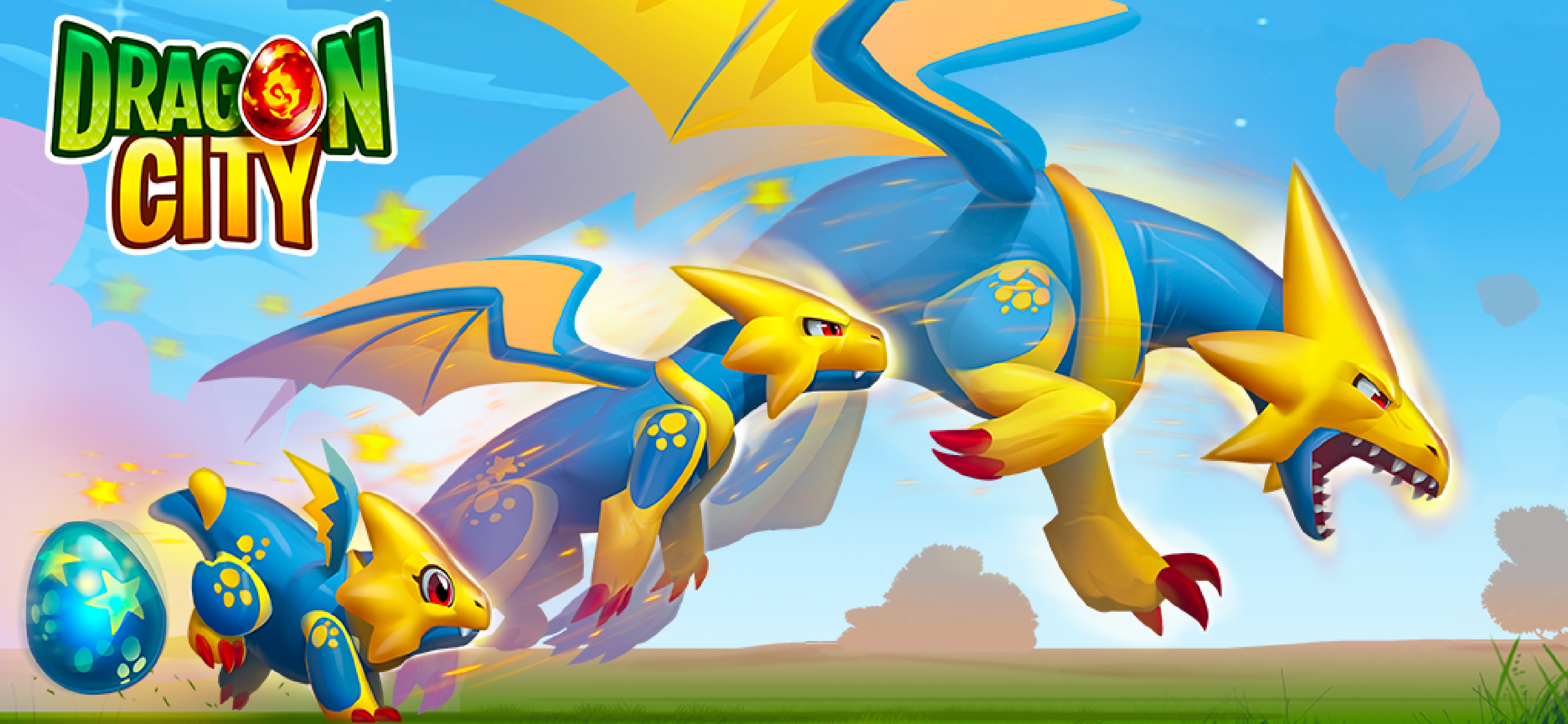
Safety, Privacy and Risks:
Cunch-line Chronicles
Cunch-Line Chronicles is a simple 2-dimensional game which promises users a realistic depiction of ‘London gang life’. The game draws on themes such as UK gang culture, drug running, police chases, and trap houses (places were drugs are stored). Users essentially run through areas, jump over obstacles, deliver and collect drugs and escape police
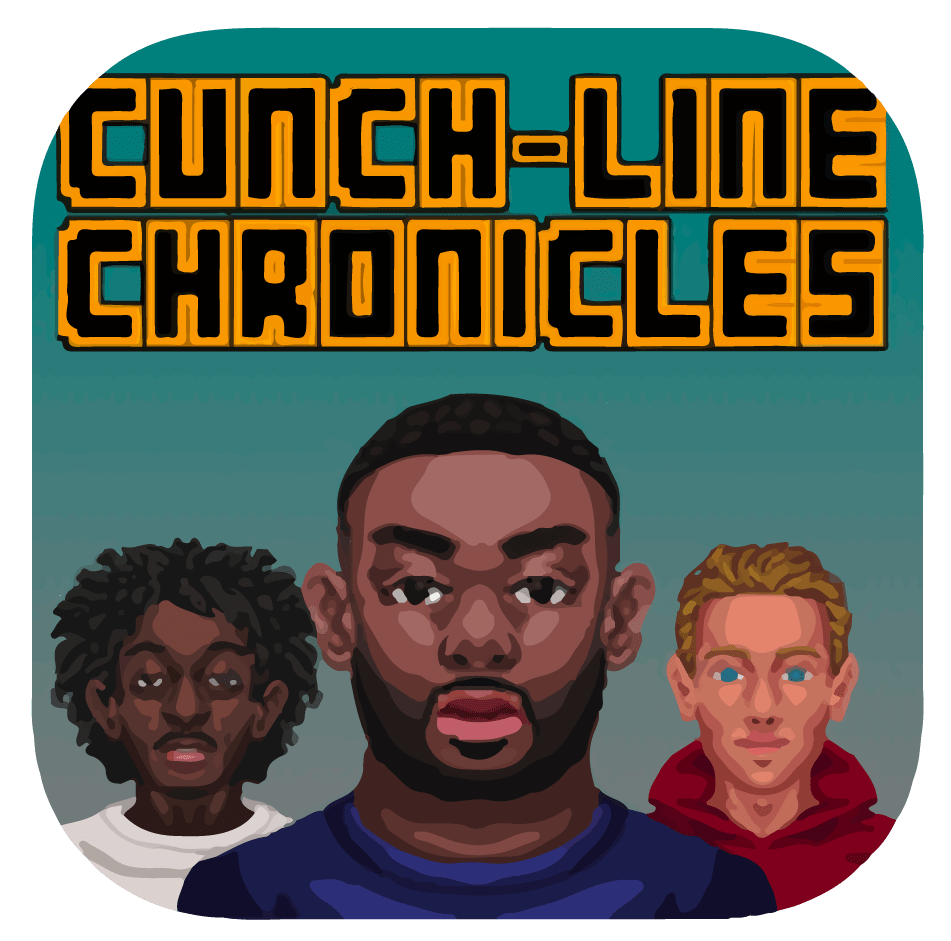
‘Cunch’ is a slang word for County, so the game is said to be based on the ‘County Lines’ phenomenon. The game was released in 2020 and has become popular with many young people throughout the UK.
Age Rating:
How it works:
Safety, Privacy and Risks:
Our Top Tips
Resources
Do you receive our Safeguarding Alerts?
Receive regular updates to help you safeguard children in a digital era.



